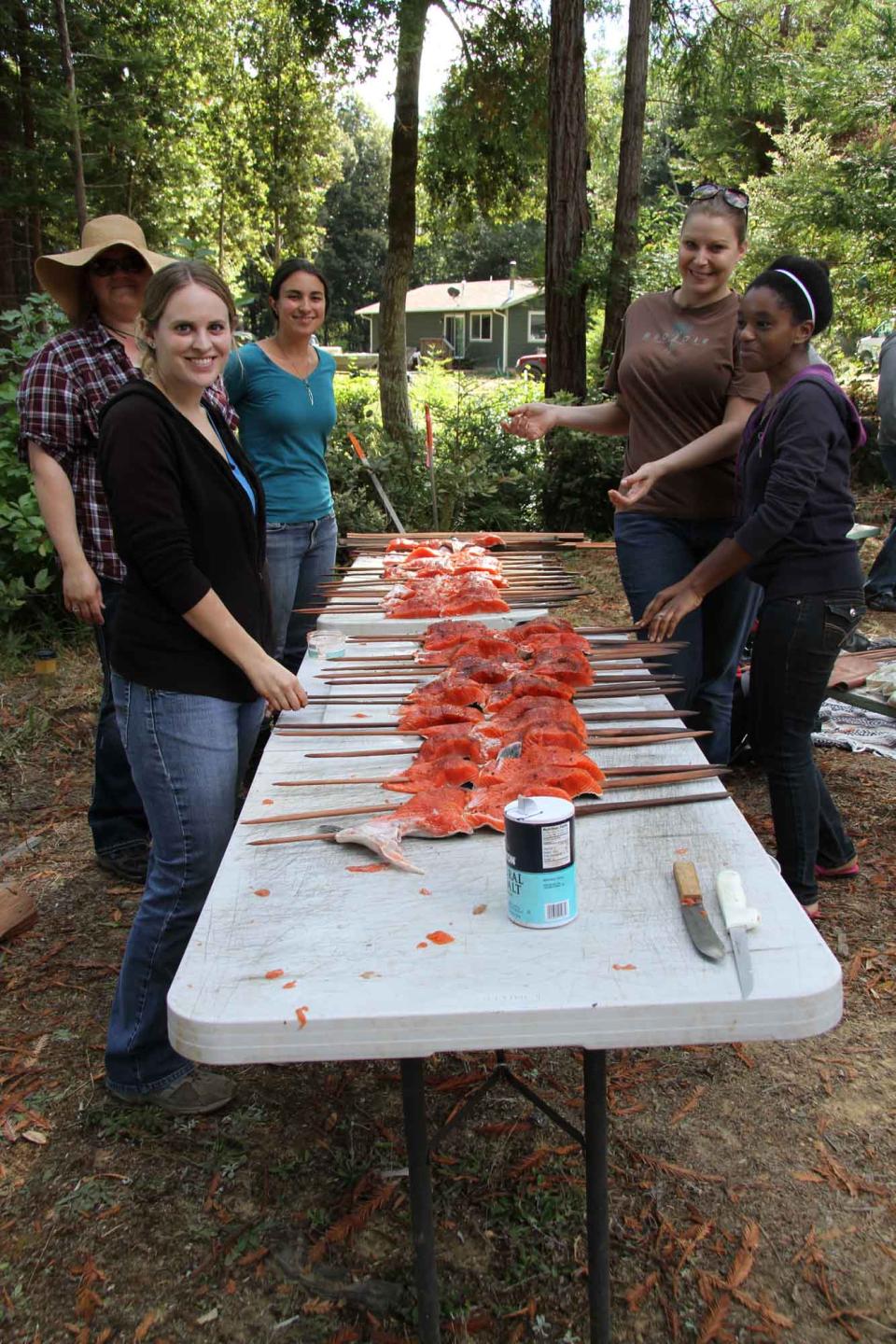Decolonizing Social Work

In consultation with local tribal communities, our program curriculum maintains an emphasis on working with Indigenous and other rural peoples and is designed to assist our students to engage in "decolonizing social work," which refers to:
- Recognizing that most social work practice approaches and theories in the United States have been developed from “Western” paradigms that, in many cases, are not relevant to, or supportive of, Indigenous Peoples values, beliefs, culture, and rights;
- Privileging and actively supporting the sovereignty, well being, and cultural, spiritual, and land rights of Indigenous Peoples;
- Working with Indigenous communities to implement traditional practices and philosophies in the contemporary context for the purposes of healing and empowerment of the community.
In the words of Waziyatawin and Michael Yellow Bird, "Decolonization is the intelligent, calculated and active resistance to the forces of colonialism that perpetuate the subjugation and/or exploitation of our minds, bodies, and lands, and it is engaged for the ultimate purpose of overturning the colonization structure and realizing Indigenous liberation."
The Department of Social Work offers SW 420: Decolonizing Social Work with Indigenous Peoples to any interested student or community member for the first 8 weeks of each semester (Fall and Spring). The course is a 1.5 unit online course offered through the Office of Extended Education. This class meets the Indigenous Studies pre-requisite for MSW Program acceptance. Students can call the office at (707)826-3731 or GO ONLINE TO REGISTER. Fees are due at the time of registration.

